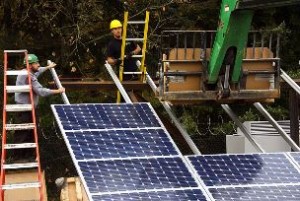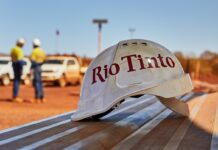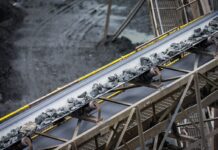Australian solar module manufacturer Tindo Solar has won a contract to deliver modules for a pilot solar project for not-for-project housing in South Australia.
The company has committed to deliver 100 rooftop solar systems (each 1.5kw) on 100 rental accommodation homes built by the Unity Housing Company as part of the regional housing initiative, according to a report RenewEconomy.

Tindo Solar operates at Mawson Lakes in South Australia and is a fully Australian owned company- one of its kind in the country.
One of the main goals of the project is to introduce a new commercial model of financing that aims to bring solar energy closer to people with low income, traditionally excluded from using the benefits of solar energy.
Unity Housing, the building contractor of the project, is looking to expand the entire undertaking if the pilot proves to be a success.
Frank O’Neill, the chairman of Unity Housing, said that the company has been looking at various solutions to find a way to trim down their tenants’ electricity costs. According to him, Tindo was the logical choice to spearhead this project because they are locally based, produce high-quality goods and provide good value for money.
“Being environmentally responsible, saving on electricity bills while leaving home occupier with lower electricity bills was a win-win for all concerned and just makes good business sense,” he said in the statement.
Tindo Solar Karra 250 AC solar panels with an in-built micro inverter will be used for this project. The deal is set to become the biggest purchase by a not-for-profit housing company of locally manufactured solar panels.
According to Tindo Solar, the AC module with micro-inverters has a 25-year guarantee.
“This is a genuine long-lived product with no “corners” cut in the materials used. Many panels currently for sale in Australia use suspect materials to achieve and artificially low price resulting in questionable energy output and life expectancy of the panel”, it said in a statement.
The Federal Government’s Regional Development Australia Fund supported the housing project with $5 million, with Ecoplus Energy at the helm as a project developer.




















